Home>Furniture & Design>Interior Design Trends>How To Clean Glass Without Windex
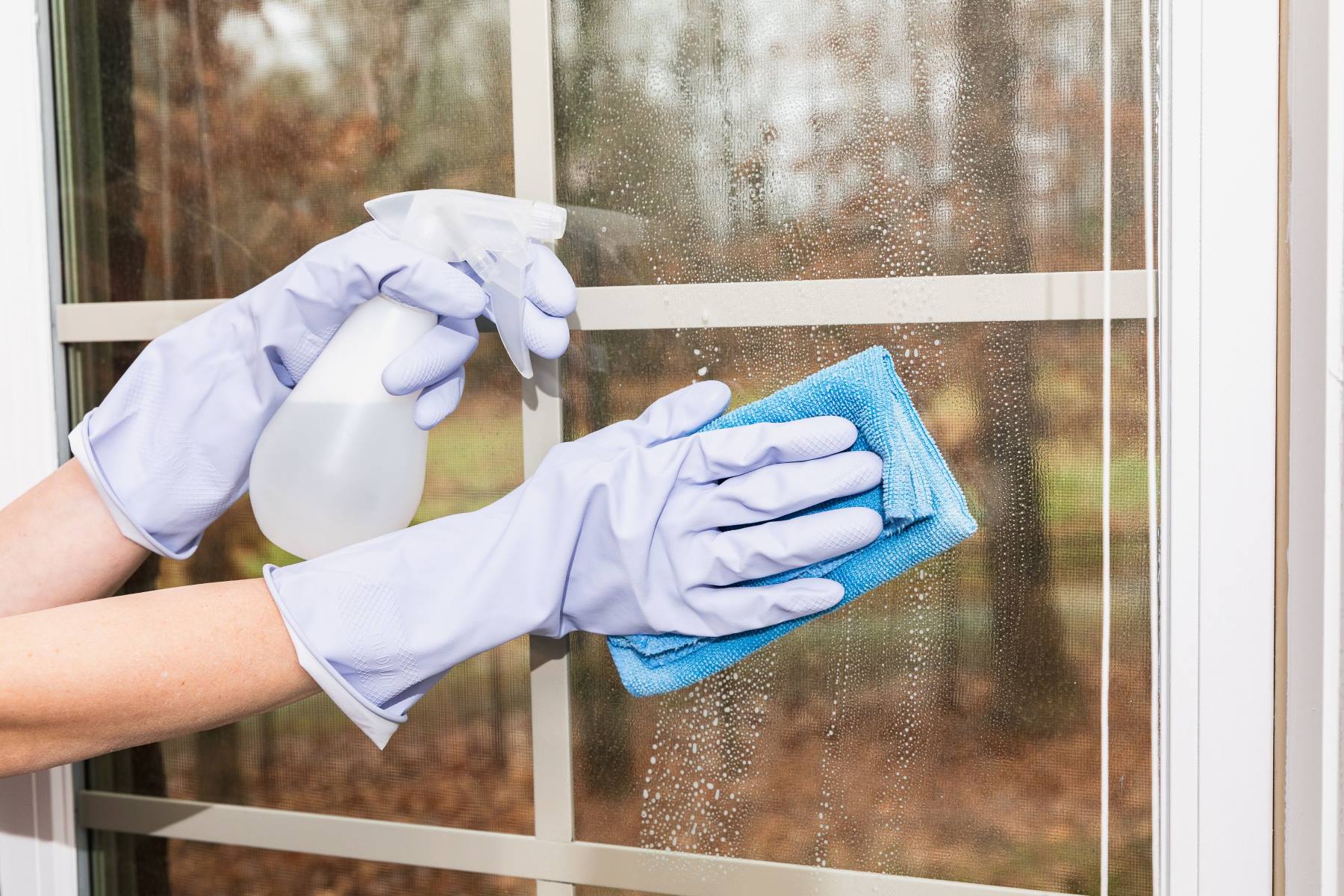

Interior Design Trends
How To Clean Glass Without Windex
Modified: February 18, 2024
Discover effective ways to clean glass without Windex and keep up with the latest interior design trends. Learn eco-friendly alternatives for streak-free, sparkling windows.
(Many of the links in this article redirect to a specific reviewed product. Your purchase of these products through affiliate links helps to generate commission for Storables.com, at no extra cost. Learn more)
Introduction
Cleaning glass surfaces without using commercial products like Windex is not only feasible but also environmentally friendly and cost-effective. Many people are seeking natural and homemade alternatives to traditional glass cleaners due to concerns about the chemicals they contain and their potential impact on indoor air quality. Fortunately, there are several effective methods for achieving sparkling, streak-free glass using simple household ingredients. In this article, we will explore natural alternatives to Windex, delve into homemade glass cleaner recipes, and provide valuable tips for achieving pristine glass surfaces without relying on commercial products. Whether you're aiming to reduce your environmental footprint, minimize exposure to harsh chemicals, or simply prefer do-it-yourself solutions, this guide will equip you with the knowledge and techniques to clean glass effectively and safely.
Key Takeaways:
- Say goodbye to Windex! Clean glass naturally with vinegar, lemon juice, baking soda, and rubbing alcohol. It’s easy, eco-friendly, and leaves your glass sparkling without harsh chemicals.
- Follow simple tips like using microfiber cloths, avoiding direct sunlight, and focusing on edges to achieve streak-free, pristine glass surfaces. Natural cleaning is effective, cost-efficient, and better for the environment.
Read more: What To Use To Clean Mirrors Without Windex
Natural Alternatives to Windex
When it comes to cleaning glass without Windex, natural alternatives offer a safe and eco-friendly approach. These alternatives are not only effective at removing dirt and grime but also help to maintain a healthy indoor environment. Here are some natural alternatives to Windex that you can easily find in your home:
1. Vinegar
Vinegar is a versatile and powerful natural cleaner that can effectively tackle glass surfaces. Its acidic nature makes it an excellent choice for cutting through grease and grime, leaving glass sparkling clean. To use vinegar as a glass cleaner, simply mix equal parts of water and white vinegar in a spray bottle. Spray the solution onto the glass surface and wipe it off with a clean microfiber cloth for a streak-free shine.
2. Lemon Juice
Lemon juice is another natural alternative to Windex that can work wonders on glass. The citric acid in lemon juice helps to dissolve tough stains and grime, leaving glass surfaces gleaming. To use lemon juice as a glass cleaner, mix it with water in a spray bottle and apply it to the glass. Wipe the glass with a lint-free cloth to reveal a streak-free finish and a refreshing citrus scent.
3. Baking Soda
Baking soda is a gentle abrasive that can be used to tackle stubborn spots on glass surfaces. When combined with water to form a paste, baking soda can effectively remove built-up residue and leave the glass looking clean and polished. Apply the baking soda paste to the glass, gently scrub the surface, and then rinse it off with water. This natural alternative is particularly useful for removing water spots and soap scum from glass shower doors and windows.
Read more: How To Clean Glass Without Glass Cleaner
4. Rubbing Alcohol
Rubbing alcohol, also known as isopropyl alcohol, is an excellent natural alternative for cleaning glass. It evaporates quickly, making it ideal for achieving streak-free results. Simply dilute rubbing alcohol with water in a spray bottle, mist it onto the glass, and wipe it off with a lint-free cloth for a crystal-clear finish.
By incorporating these natural alternatives into your cleaning routine, you can achieve sparkling, streak-free glass surfaces without the need for commercial products like Windex. Not only are these alternatives effective, but they also offer peace of mind, knowing that you are using safe and natural ingredients to maintain a pristine home environment.
Homemade Glass Cleaner Recipes
Creating your own homemade glass cleaner is not only cost-effective but also allows you to customize the ingredients to suit your preferences. These simple yet effective recipes harness the power of natural ingredients to leave your glass surfaces sparkling and streak-free.
1. Vinegar and Water Solution
One of the most popular homemade glass cleaner recipes involves combining vinegar and water. To make this solution, mix equal parts of distilled white vinegar and water in a spray bottle. The acidity of the vinegar helps to dissolve grime and grease, while the water provides a gentle dilution. After spraying the solution onto the glass surface, use a lint-free microfiber cloth to wipe the glass clean. This straightforward recipe is ideal for everyday glass cleaning and is particularly effective for removing fingerprints and smudges.
2. Rubbing Alcohol and Water Solution
Another effective homemade glass cleaner recipe involves using rubbing alcohol and water. To create this solution, combine one part rubbing alcohol with one part water in a spray bottle. The rubbing alcohol evaporates quickly, leaving behind a streak-free finish, while the water helps to dilute the solution for gentle yet effective cleaning. After spraying the mixture onto the glass, use a clean cloth to wipe the surface, revealing a crystal-clear shine. This recipe is especially useful for cleaning mirrors and windows, as it dries quickly without leaving streaks or residue.
Read more: How To Clean Glass Without Streaks
3. Lemon Juice and Water Solution
For those who prefer a refreshing citrus scent, a homemade glass cleaner recipe featuring lemon juice and water is an excellent choice. Simply mix fresh lemon juice with water in a spray bottle and shake well to combine. The natural acidity of the lemon juice helps to cut through grease and grime, while the water provides a gentle cleaning solution. After spraying the mixture onto the glass surface, use a lint-free cloth to wipe the glass clean, leaving behind a streak-free and invigorating citrus scent.
4. Baking Soda Paste
In addition to liquid solutions, a homemade glass cleaner can also be created using baking soda. To make a baking soda paste, mix baking soda with a small amount of water to form a thick, spreadable consistency. This paste can be applied to glass surfaces to tackle stubborn spots and built-up residue. Gently scrub the glass with the baking soda paste using a soft cloth or sponge, then rinse the surface with water and wipe it dry. This recipe is particularly effective for removing water spots and soap scum from glass shower doors and windows.
By utilizing these homemade glass cleaner recipes, you can achieve pristine glass surfaces without the need for commercial products. These customizable and cost-effective solutions not only deliver exceptional cleaning results but also provide peace of mind, knowing that you are using natural ingredients to maintain a sparkling home environment.
Tips for Cleaning Glass Without Windex
-
Use Microfiber Cloths: When cleaning glass surfaces without Windex, using microfiber cloths is essential. These ultra-fine fibers effectively capture and lift dirt, grime, and residue from the glass, leaving it streak-free and polished. Unlike traditional cloths or paper towels, microfiber cloths are gentle on glass and minimize the risk of leaving lint or streaks behind.
-
Avoid Direct Sunlight: Cleaning glass in direct sunlight can lead to rapid evaporation of the cleaning solution, resulting in streaks and residue. Whenever possible, choose a time of day when the glass is not in direct sunlight to achieve optimal cleaning results. This simple adjustment can make a significant difference in the clarity and shine of the glass surface.
-
Use Circular Motions: When wiping glass surfaces, using circular motions can help to distribute the cleaning solution evenly and prevent streaking. Whether using a natural alternative or a homemade glass cleaner, gently buffing the glass in circular motions with a microfiber cloth ensures thorough coverage and a pristine finish.
-
Focus on Edges and Corners: Pay special attention to the edges and corners of glass surfaces, as these areas tend to accumulate dirt and grime. Using a folded microfiber cloth or a cotton swab, carefully clean along the edges and corners to ensure that every part of the glass is thoroughly cleaned and free from residue.
-
Change Cleaning Cloths Regularly: To prevent the transfer of dirt and grime from one surface to another, it's important to change cleaning cloths regularly, especially when cleaning larger areas of glass. Using a fresh microfiber cloth or rotating to a clean section of the cloth helps to maintain the effectiveness of the cleaning process and ensures a streak-free finish.
-
Dry with a Lint-Free Cloth: After cleaning the glass with a natural alternative or homemade glass cleaner, it's important to dry the surface with a lint-free cloth to prevent water spots or streaks from forming as the glass dries. A lint-free cloth absorbs any remaining moisture and ensures a crystal-clear, spotless finish.
-
Regular Maintenance: Incorporating regular maintenance into your cleaning routine can help prevent the buildup of dirt and grime on glass surfaces. By routinely cleaning and maintaining glass using natural alternatives, you can minimize the effort required for deep cleaning and ensure that your glass surfaces remain sparkling and pristine.
By implementing these tips for cleaning glass without Windex, you can achieve exceptional results using natural alternatives and homemade glass cleaner recipes. These techniques not only promote a healthy indoor environment but also contribute to the longevity and clarity of your glass surfaces.
Frequently Asked Questions about How To Clean Glass Without Windex
Was this page helpful?
At Storables.com, we guarantee accurate and reliable information. Our content, validated by Expert Board Contributors, is crafted following stringent Editorial Policies. We're committed to providing you with well-researched, expert-backed insights for all your informational needs.
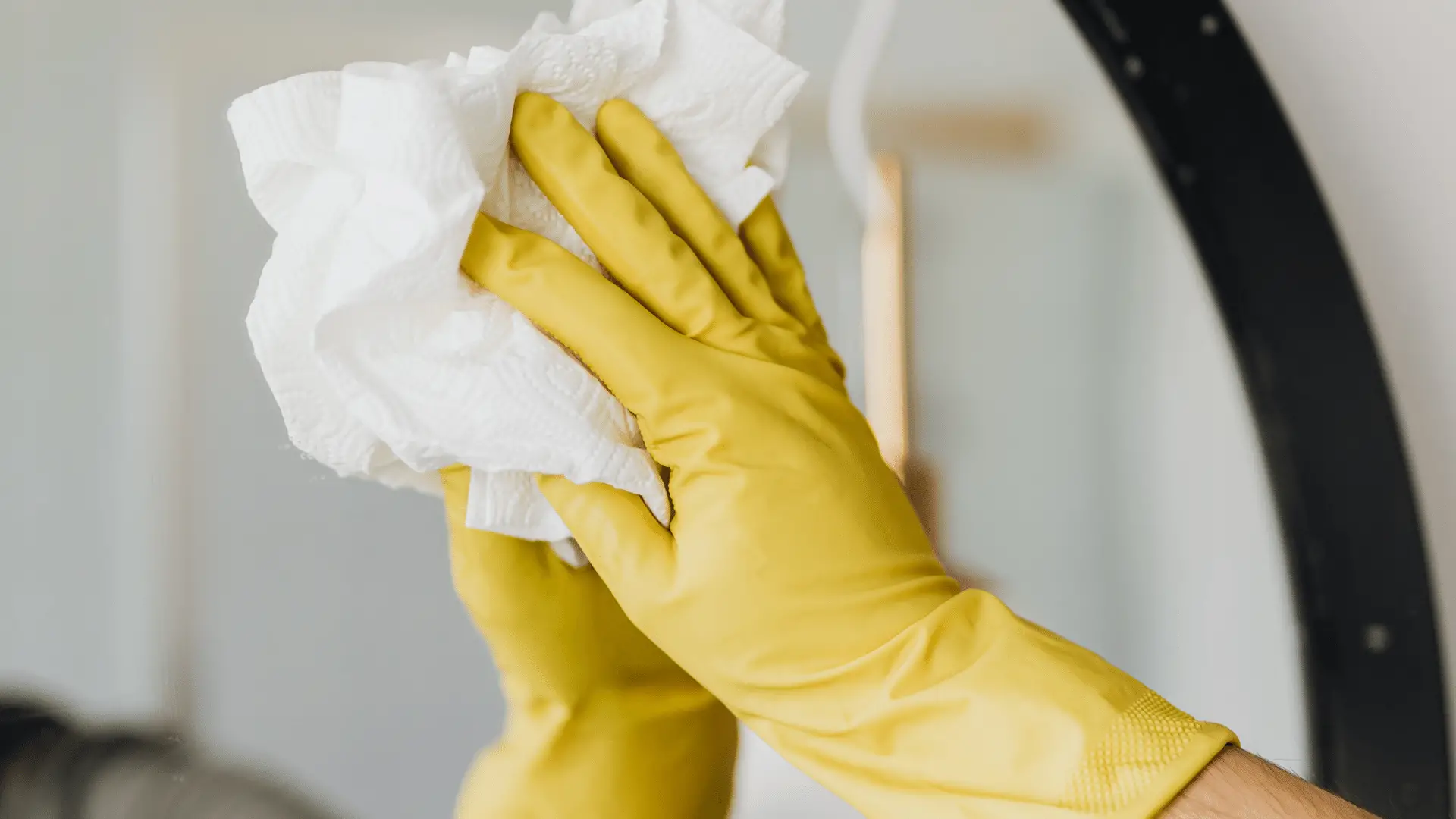
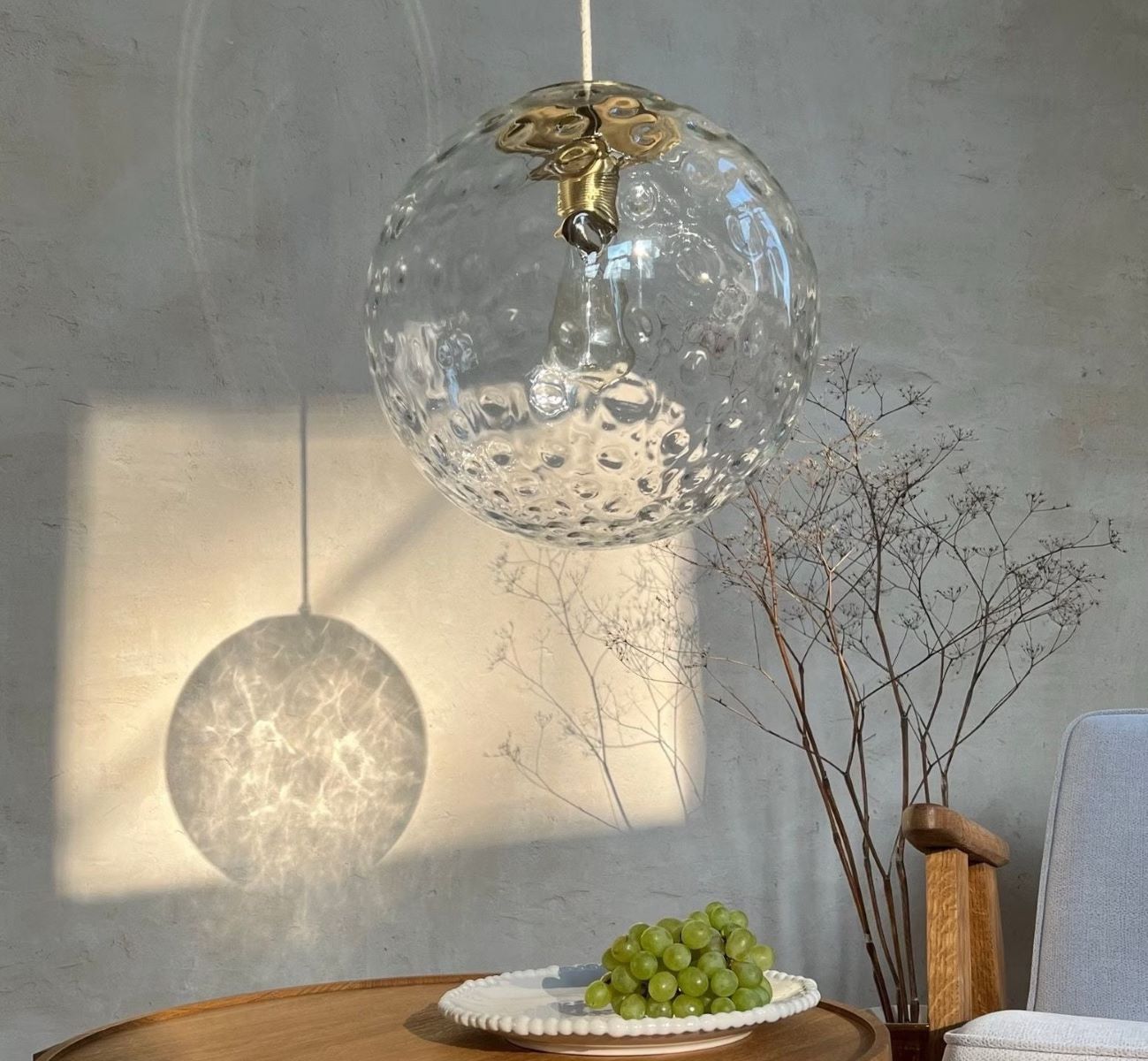
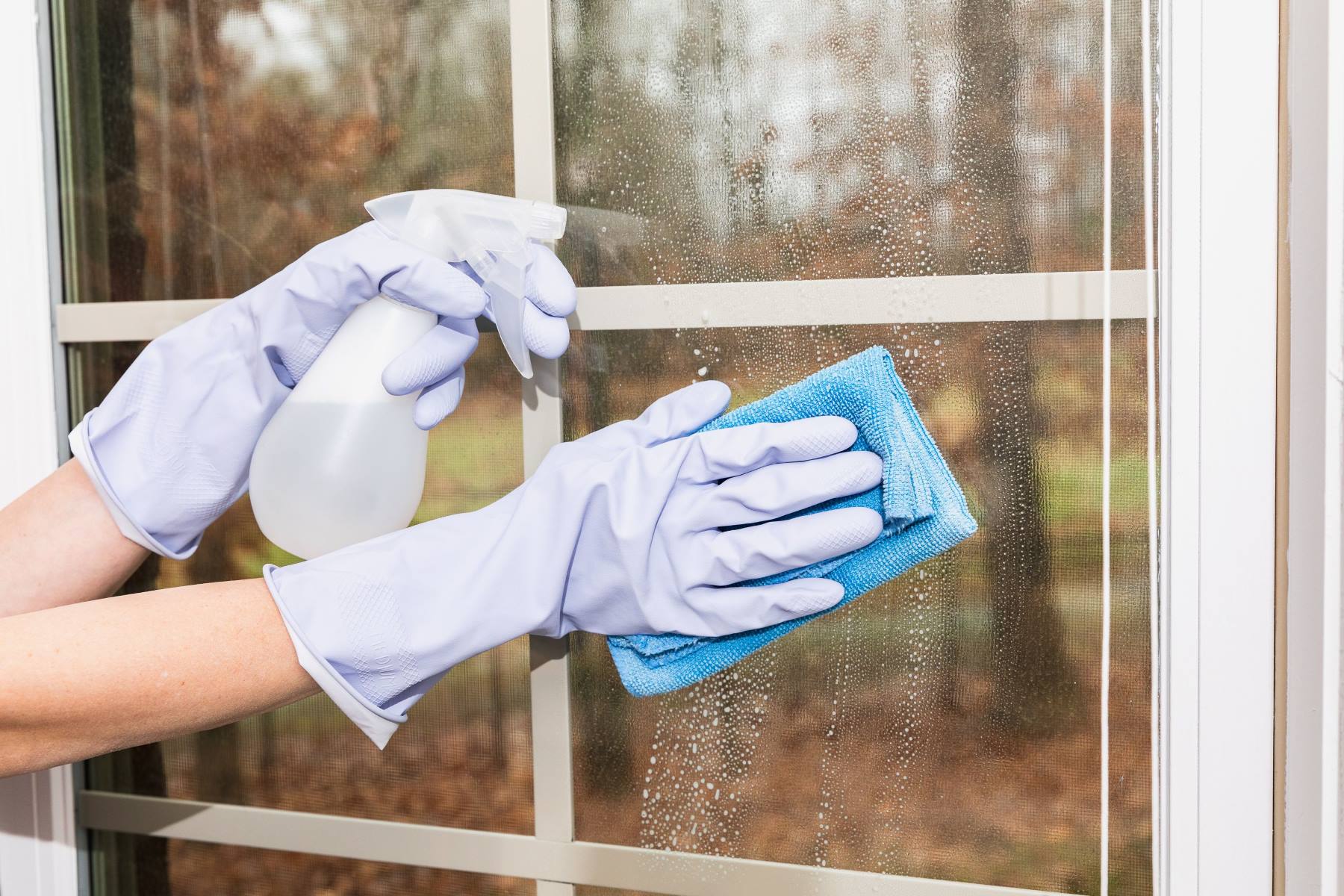
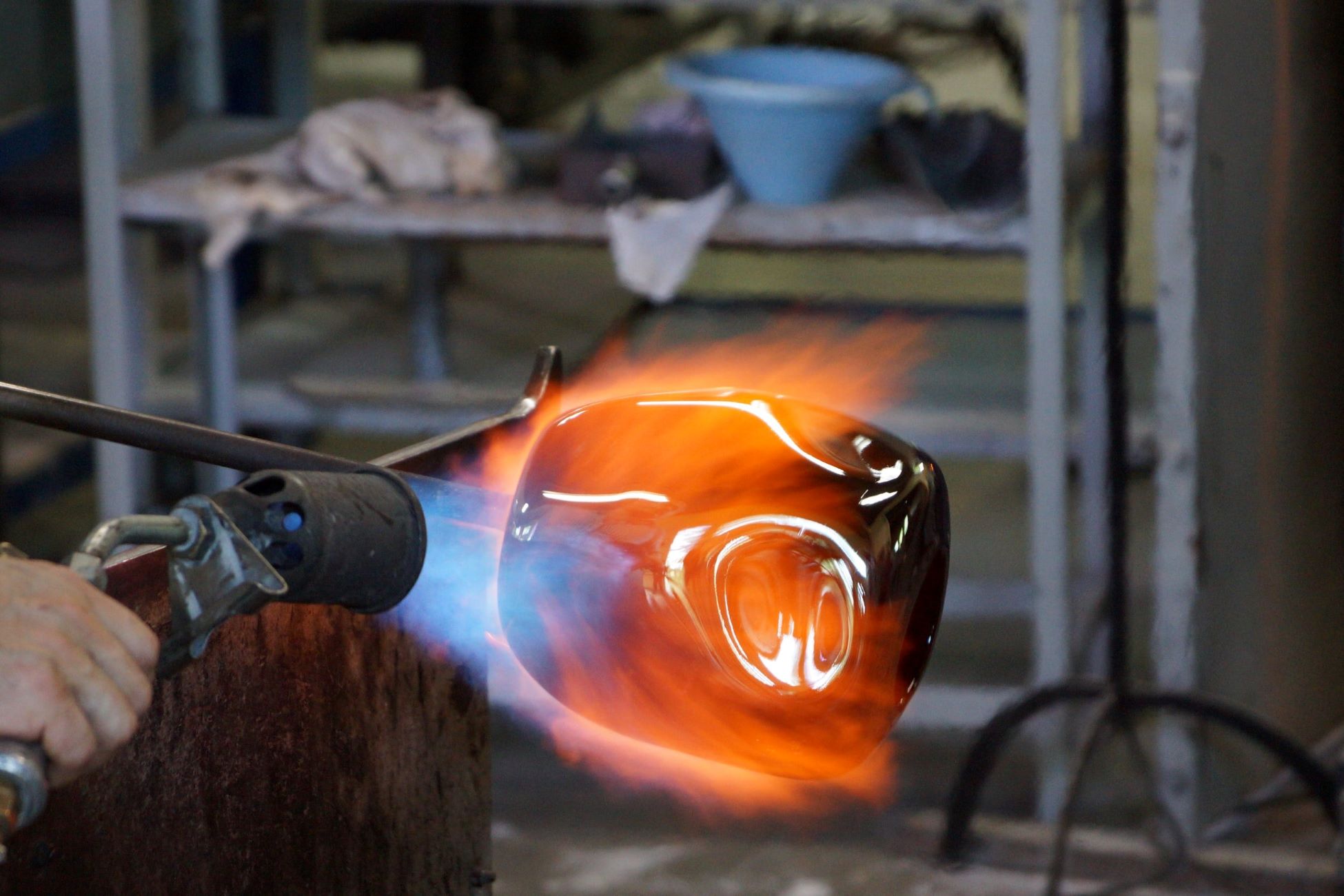
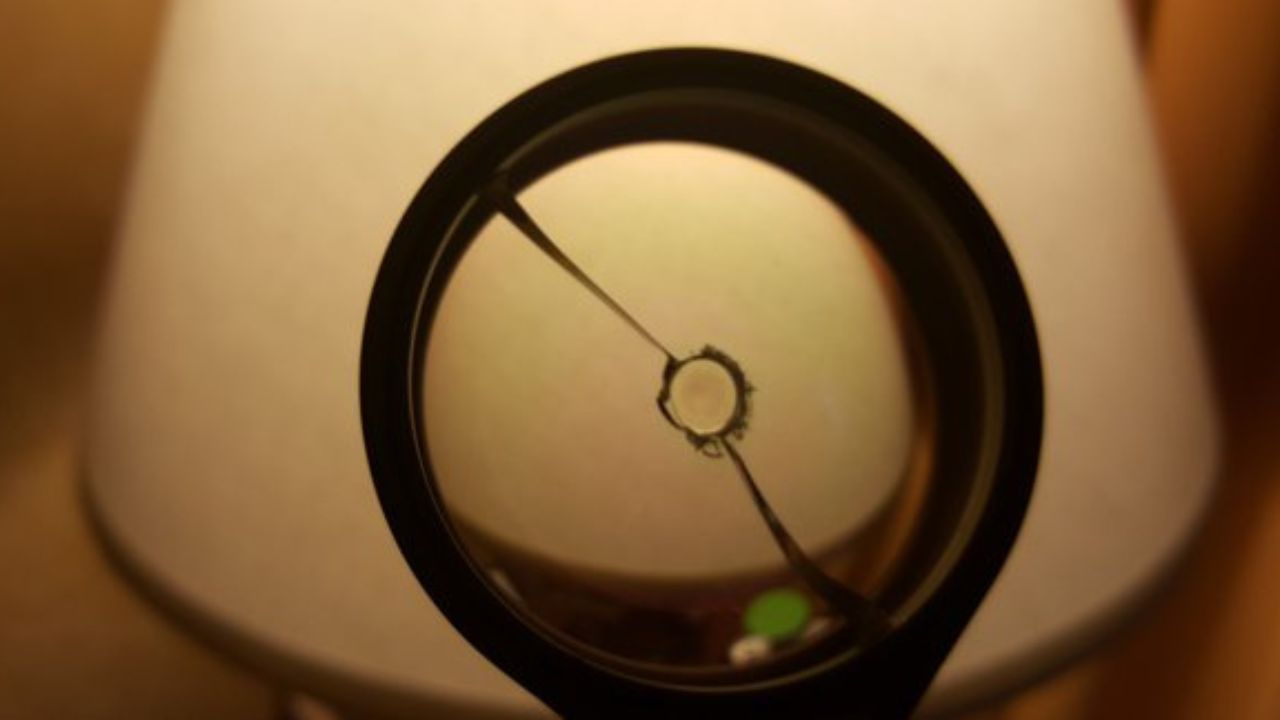
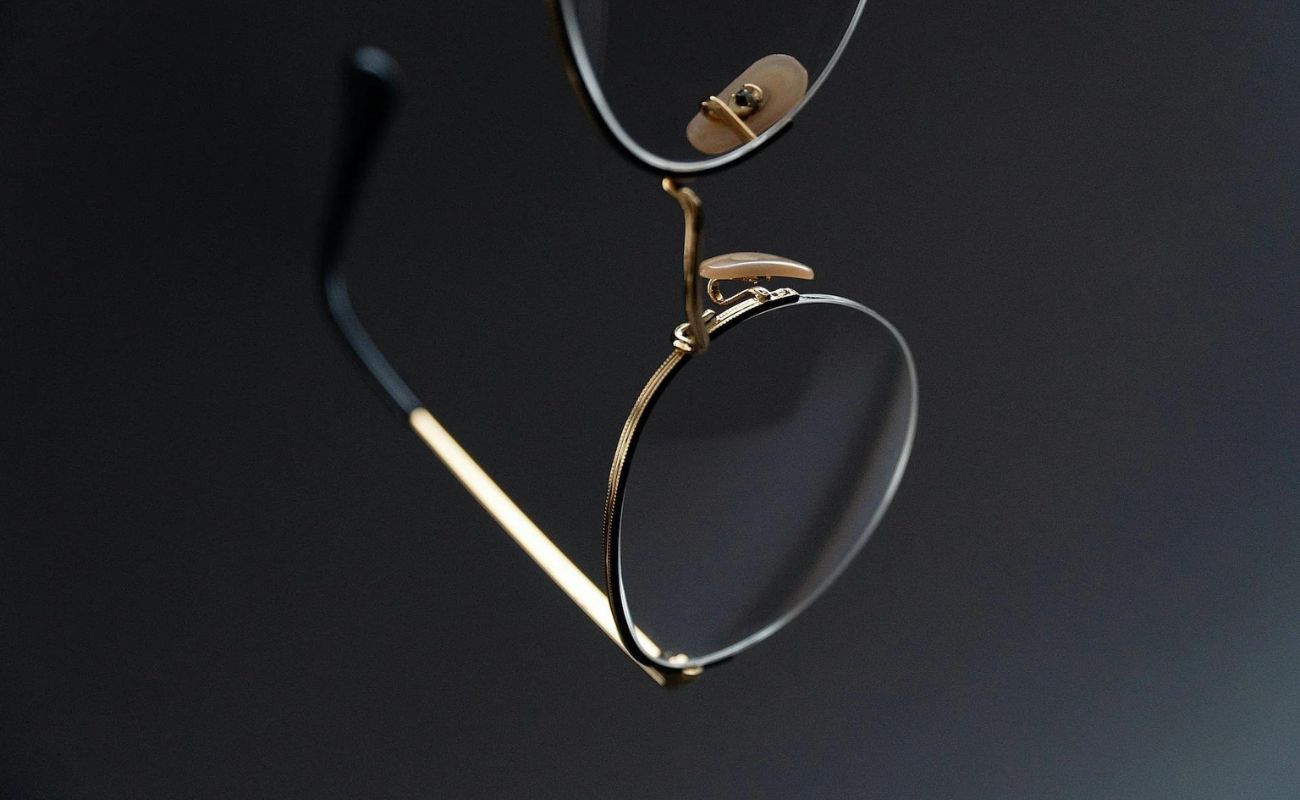

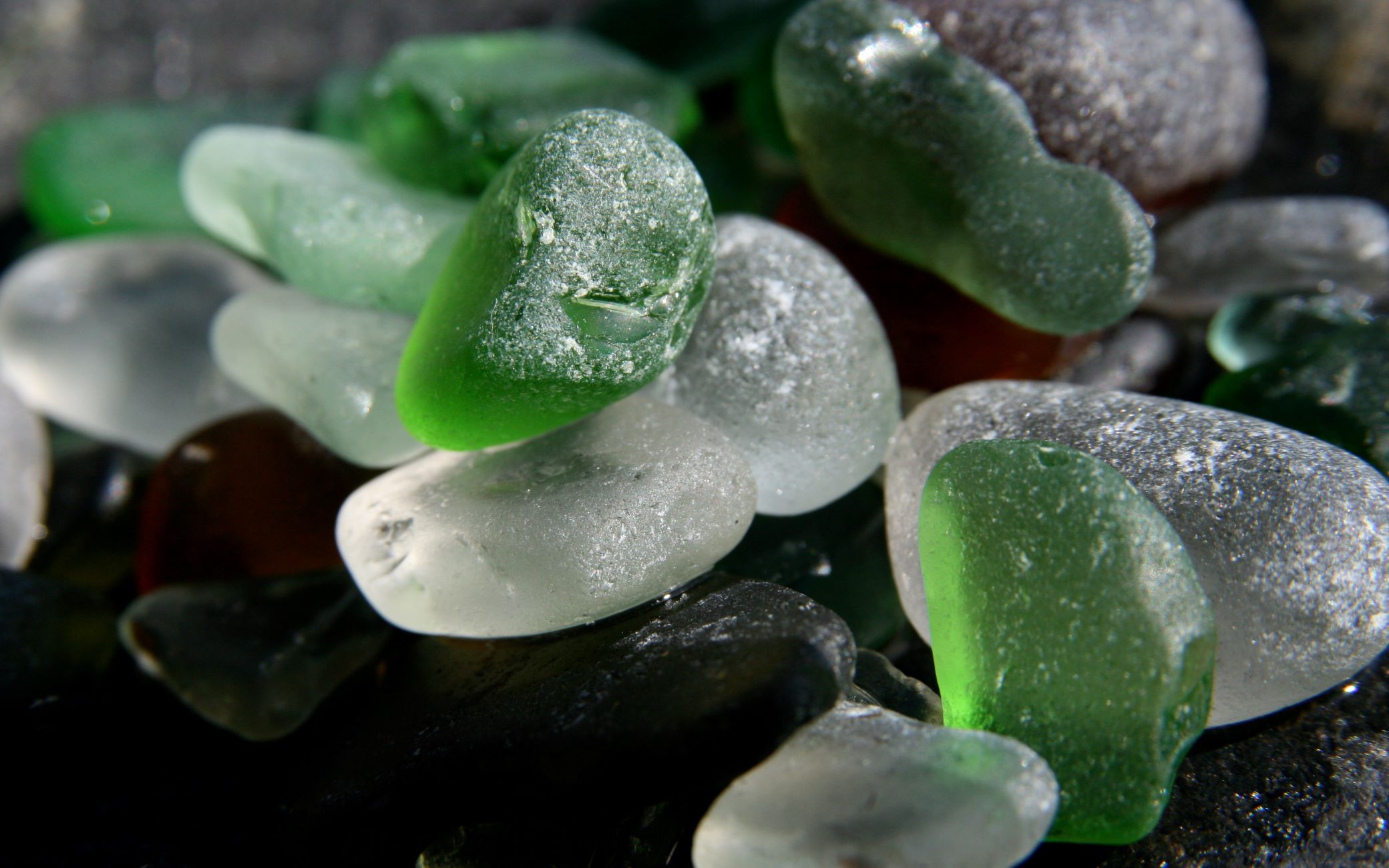
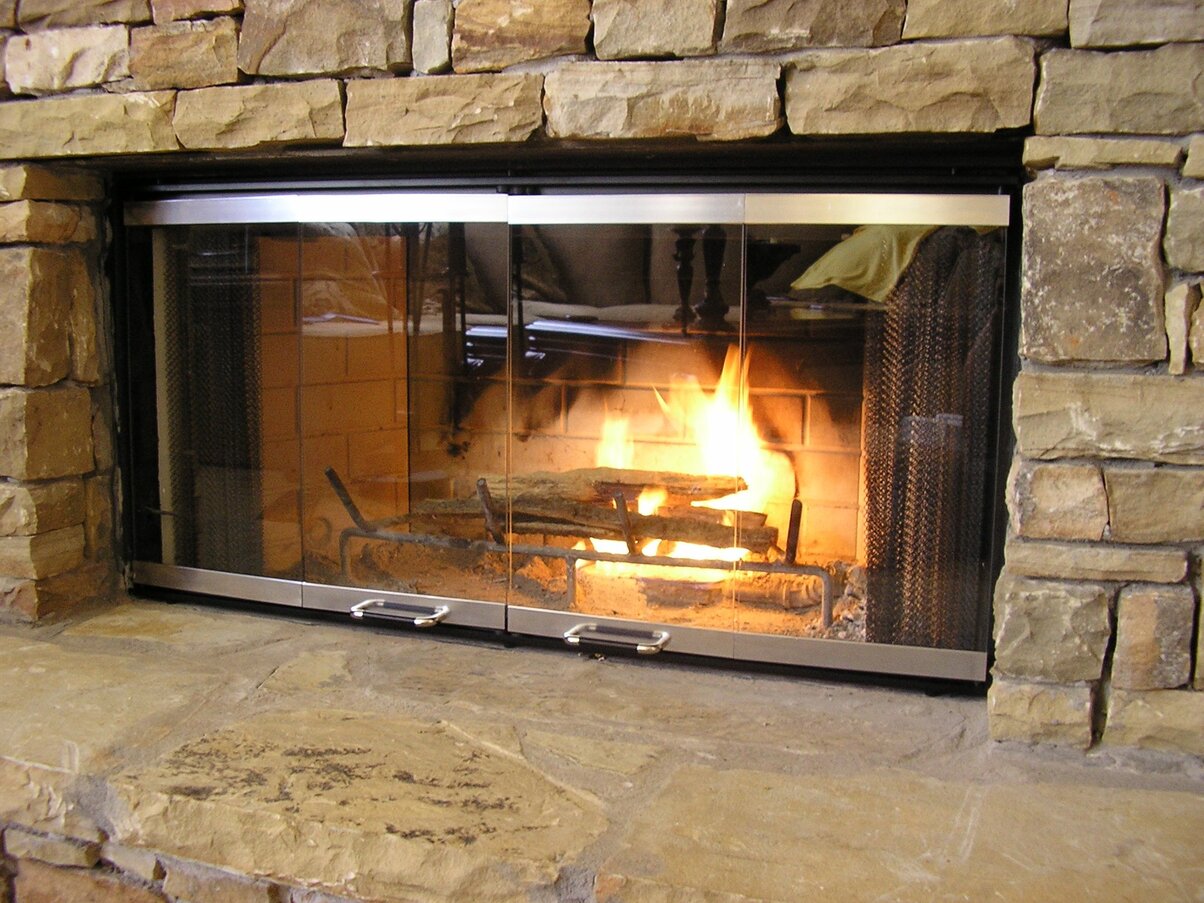
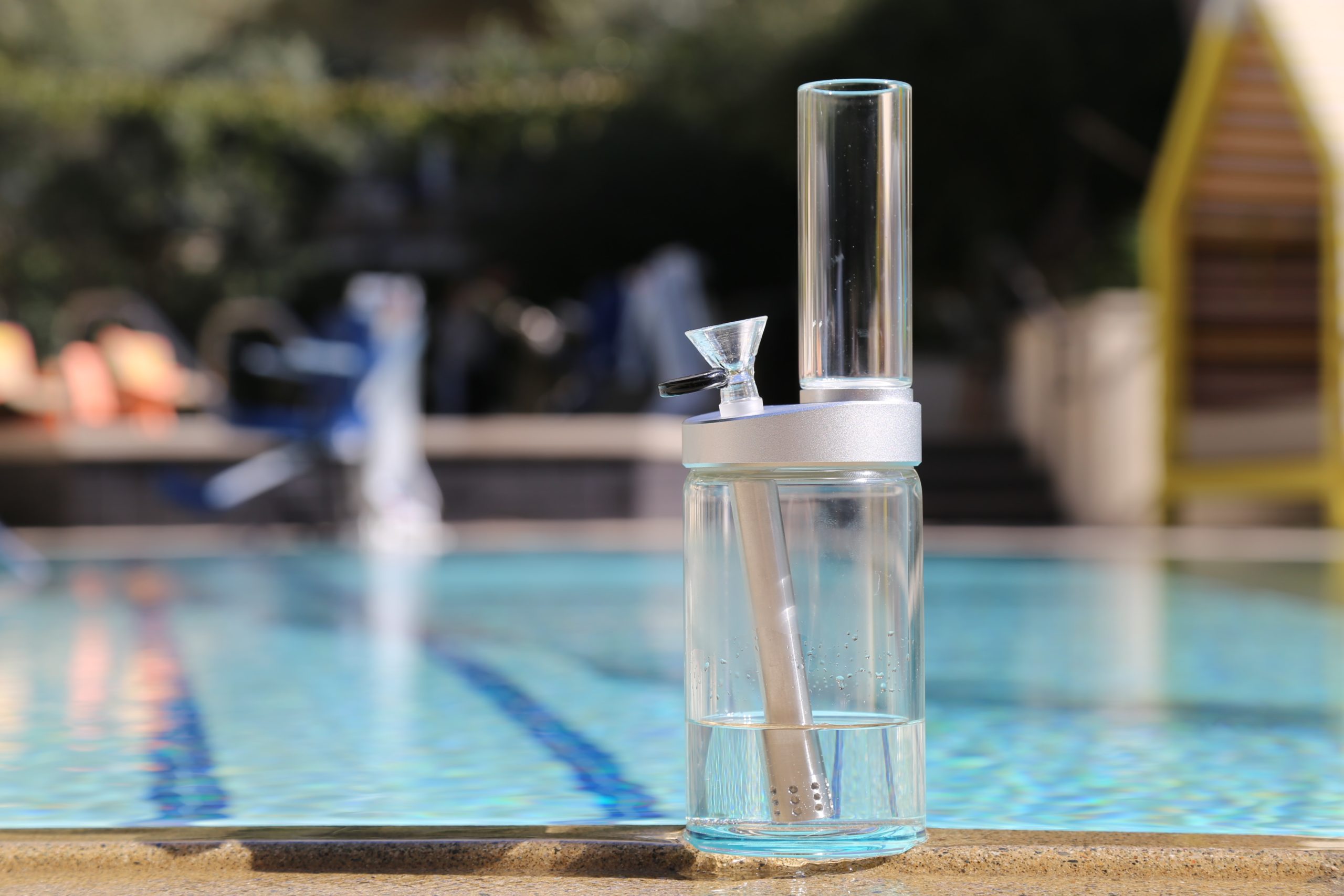
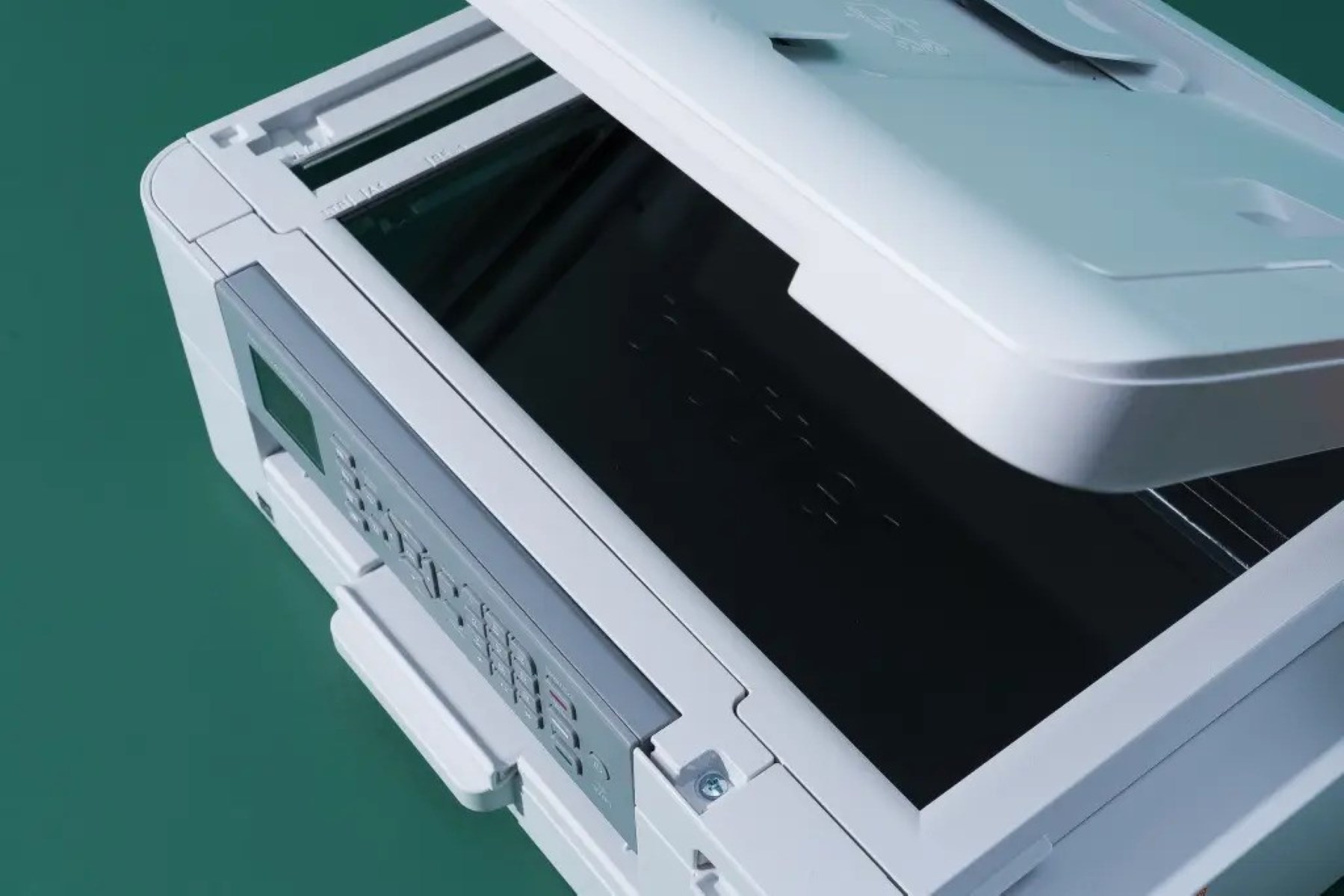
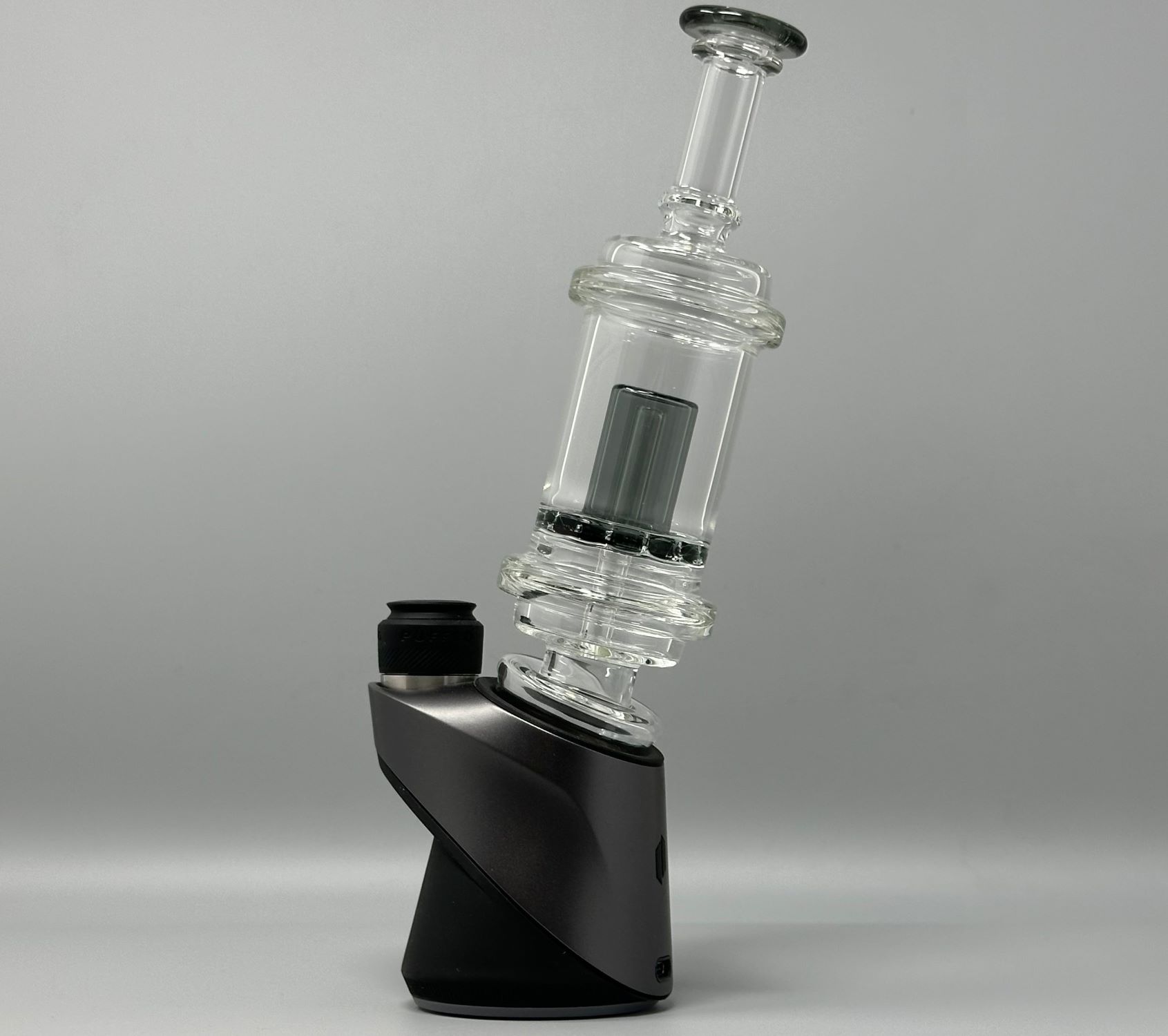
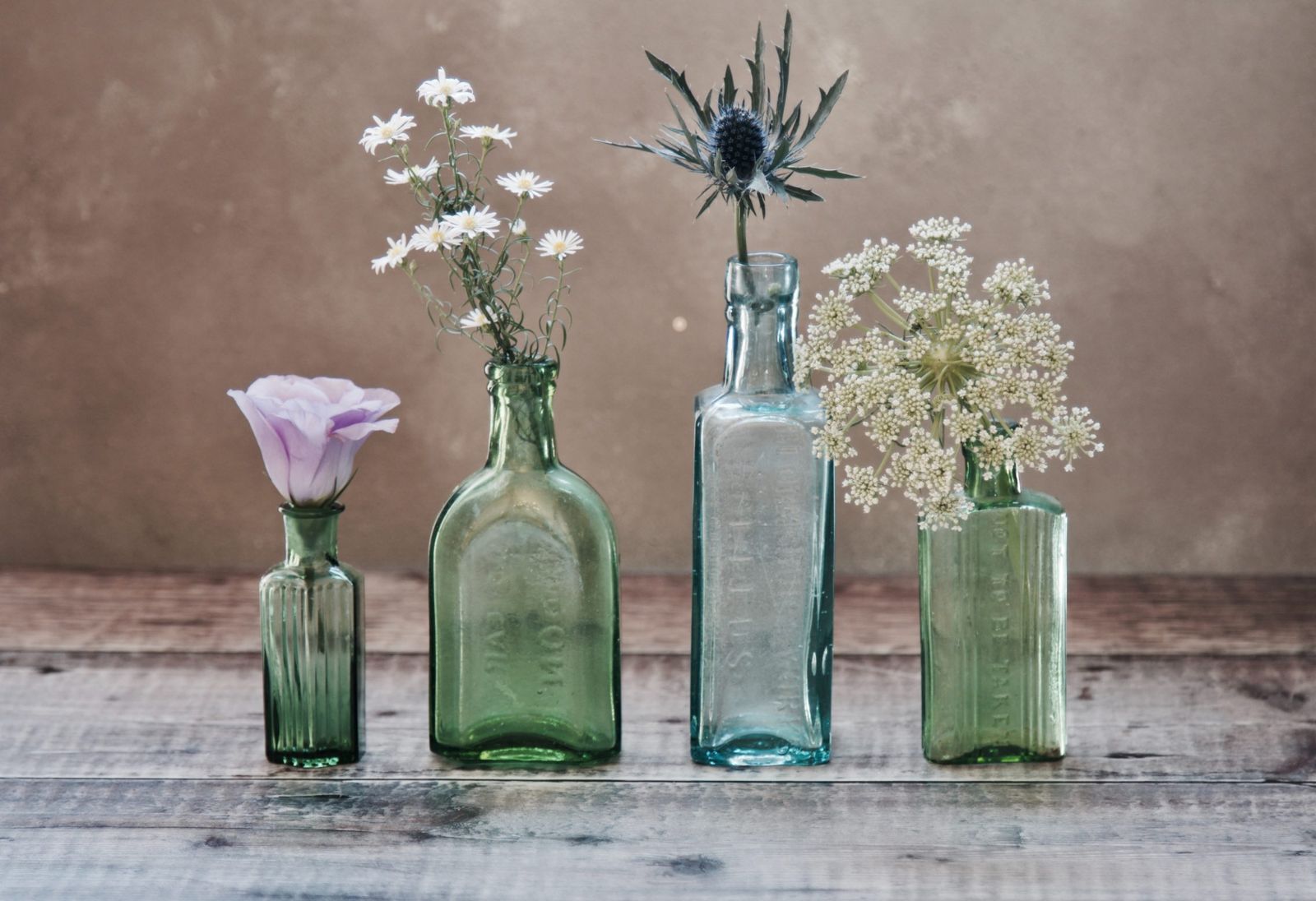

0 thoughts on “How To Clean Glass Without Windex”